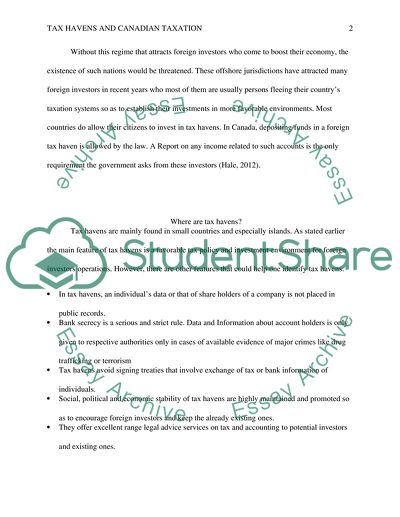Cite this document
(“Tax Havens and Canadian Taxation Research Paper”, n.d.)
Retrieved from https://studentshare.org/finance-accounting/1662424-tax-havens-and-canadian-taxation
Retrieved from https://studentshare.org/finance-accounting/1662424-tax-havens-and-canadian-taxation
(Tax Havens and Canadian Taxation Research Paper)
https://studentshare.org/finance-accounting/1662424-tax-havens-and-canadian-taxation.
https://studentshare.org/finance-accounting/1662424-tax-havens-and-canadian-taxation.
“Tax Havens and Canadian Taxation Research Paper”, n.d. https://studentshare.org/finance-accounting/1662424-tax-havens-and-canadian-taxation.


